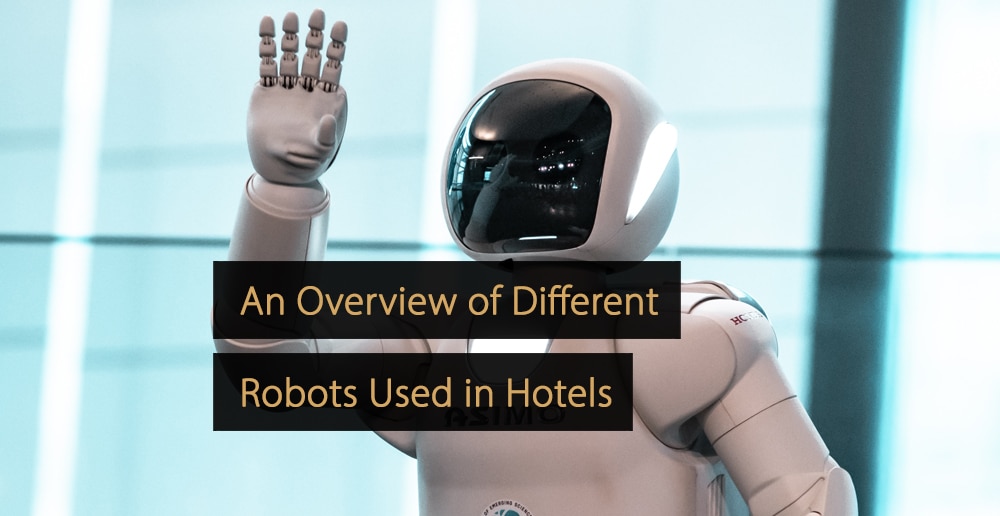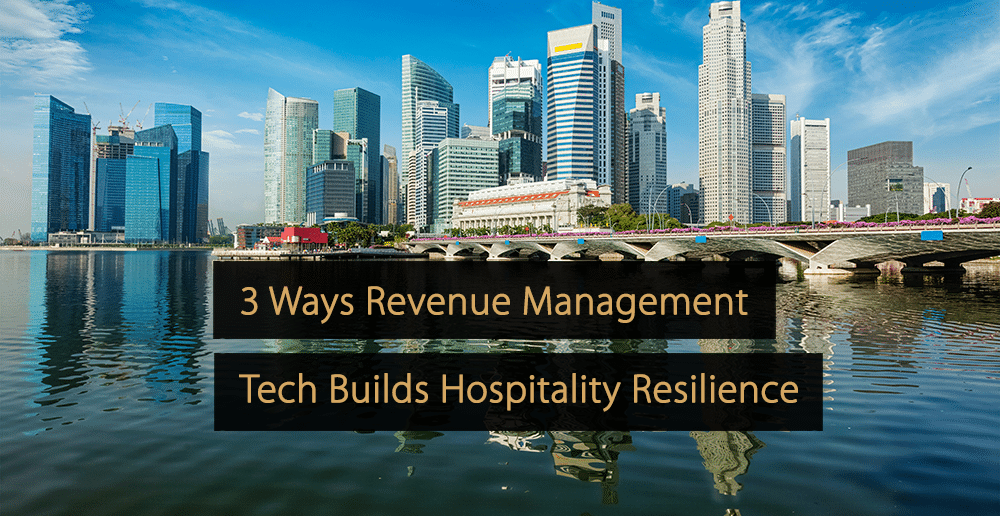The hospitality industry, defined by its dynamic nature and customer-centric operations, faces complex challenges that range from operational efficiency to enhancing guest experiences. Hotel teams need to excel at repetitive, mundane tasks as well as those requiring sublime care and creativity. As technology evolves, artificial intelligence (AI) stands out as a transformative tool, offering solutions that address these challenges while streamlining service delivery. This article explores how AI is reshaping the hotel industry and why it is becoming indispensable for modern hoteliers.
Evolving Guest Expectations
Today’s hospitality landscape is driven by increasingly sophisticated consumer demands. Guests not only seek a seamless journey from the first interaction with the hotel through booking to checkout but also expect hyper-personalization in every interaction. They crave experiences tailored to their preferences, from room ambiance to personalized dining recommendations. The rise of social media and instant messaging heightened expectations for immediate, round-the-clock responsiveness, compelling hotels to adapt swiftly to maintain guest satisfaction and loyalty.
Operational Challenges in Modern Hospitality
Hoteliers today face a complex array of operational challenges. Managing costs effectively while delivering high-quality services is a delicate balance that is increasingly more challenging to achieve due to fluctuating demand and economic pressures. Staff shortages, particularly in skilled positions, strain this balance further, often leading to gaps in service delivery.
Additionally, integrating disparate service channels—social media, direct messaging, email, and in-person requests—into a unified guest management system poses significant operational challenges. Without cohesive systems, providing consistent quality, efficient service, and reliable automation becomes increasingly difficult.
These evolving expectations and operational hurdles underline the necessity for innovative solutions like AI. However, for best results, they need to be trained specifically for the hospitality industry and can seamlessly integrate with other hotel management systems like booking engines, property management systems, and more.
Key Use Cases for AI Solutions Sddress Hotelier Pain Points
- Operational efficiency:
- Automation of repetitive tasks: AI automates essential but time-consuming tasks such as reservation handling, answering common guest questions, and facilitating online check-ins/outs, thereby reducing labor costs and human error.
- Enhanced guest experience:
- Personalization at scale: AI analyses past guest data to tailor experiences, from room preferences to personalized communication, enhancing satisfaction and loyalty.
- On-demand guest services: AI-driven chatbots and virtual concierges are available 24/7, providing instant assistance and information to guests, which is crucial during high-volume periods or after hours.
- Streamlined communications:
- Centralized omnichannel inbox: Integrating all guest communications into a single AI-powered platform ensures no request goes unnoticed and significantly improves response times.
- Advanced data analysis and decision-making:
- Predictive analytics: AI tools predict trends and guest behavior, allowing hoteliers to make proactive adjustments to services, staffing, and marketing strategies.
- Feedback and reputation management: AI algorithms analyze guest feedback across platforms to quickly identify areas of improvement, helping hotels maintain and improve their ratings.
Selecting the Right AI Solution for Your Hotel
Getting started with AI is a process requiring multifaceted considerations. Choose the AI solution that is the best match for your hotel and the technology aligns with specific operational needs and goals:
- Compatibility and integration: The AI solution must seamlessly integrate with existing hotel management systems to avoid disruptions in service and ensure smooth operations. This involves compatibility with current software, interfaces, and operational workflows, facilitating a unified system that enhances both front-end guest interactions and back-end management processes.
- Scalability: An ideal AI solution should have the flexibility to scale according to the hotel’s growth and the evolving needs of the market. This means it should be capable of handling increasing amounts of data, more complex operations, and expanding service offerings without requiring complete system overhauls, thus protecting the hotel’s long-term investment in technology.
- Support and training: Comprehensive support and training are key to the successful implementation and utilization of AI technology in hotel operations. This includes regular updates, technical support, and training programs designed to equip hotel staff with the necessary skills to effectively use the AI tools. Such support ensures that the hotel maximizes the benefits of its AI investments, continuously improving efficiency and guest satisfaction.
- Implementation: Ensure staff is well-trained and comfortable with the new technology to avoid resistance and maximize its benefits. This step-by-step guide on onboarding hotel teams to AI is a helpful resource. – something covered extensively in this guide. Regularly review the technology’s impact and make adjustments to optimize performance and ROI. Choose a solution provider that has certified customer support and offers strategic advice from dedicated customer success managers.
Conclusion
As the hospitality industry navigates through an era of digital transformation, AI emerges as a crucial ally. It is not there to replace human touch, but to relieve your teams from mundane tasks and make them available to do what they do best – enhance guest experience.
By automating processes, personalizing guest experiences, and providing actionable insights, AI solutions like HiJiffy not only address current pain points but also strategically position hotels for future success. Hoteliers looking to stay competitive in this fast-evolving landscape should consider how AI can be harnessed to meet and exceed both operational goals and guest expectations.
More Tips to Grow Your Business
Revfine.com is the leading knowledge platform for the hospitality and travel industry. Professionals use our insights, strategies, and actionable tips to get inspired, optimize revenue, innovate processes, and improve customer experience.Explore expert advice on management, marketing, revenue management, operations, software, and technology in our dedicated Hotel, Hospitality, and Travel & Tourism categories.








Leave A Comment